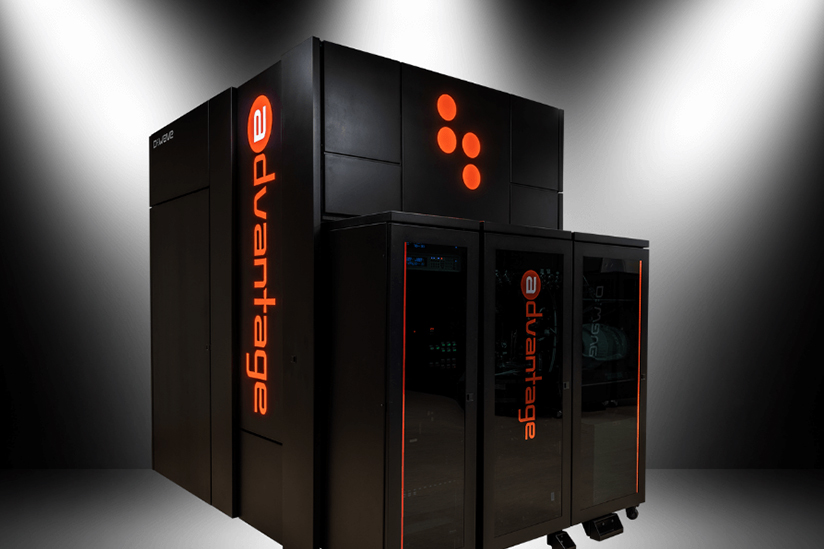New D-Wave Advantage system, housed at the University of Southern California-Lockheed Martin Quantum Computing Center, brings quantum system and hybrid solver access to business and research clients wanting a US-based solution.
USC and D-Wave Systems Inc. are launching the first 5,000+ qubit D-Wave quantum computing system physically located in the United States, designed for academic researchers, government users, and business clients, the Advantage™ quantum system. Other systems are located in Germany and Canada.
As part of the USC-Lockheed Martin Quantum Computing Center (QCC) hosted at the USC Viterbi School of Engineering’s Information Sciences Institute (ISI), the Advantage system is accessible via the Leap™ quantum cloud service.
The new system contains the Advantage performance update released in October 2021, featuring the highly connected Pegasus topology and 5,000+ qubits.
The D-Wave Advantage quantum annealer is the largest scale programmable quantum information processor currently available anywhere, said Daniel Lidar, holder of the Viterbi Professorship of Engineering at USC, and the scientific and technical director of QCC.
“At ISI we want to be at the forefront of new technologies, and to explore all the possibilities. We are excited to be pioneers in research on quantum computing, and to advance this field so that companies can harness the power of this emerging technology for themselves,” said Craig Knoblock, Michael Keston executive director of ISI.
“The Advantage system provides a four-fold increase in the number of qubits from our previous system as well as increased coherence and other performance metrics,” Lidar said. “We have great hopes for the new system as we explore coherent quantum annealing to achieve quantum speedups in quantum simulation, best-in-class optimization and machine learning. Some of our first projects will be to investigate speedup over classical optimization methods for hard optimization problems as well as pursuing additional government-funded research for identification and classification of quantum phase transitions.”
Through QCC, USC is currently one of the first universities in the world to host and operate a commercial quantum computing system. The launch of the USC-Lockheed Martin Quantum Computing Center in 2011 was followed by similar investments by Google and NASA the following year.
Read the full story on USC Viterbi School of Engineering’s website
